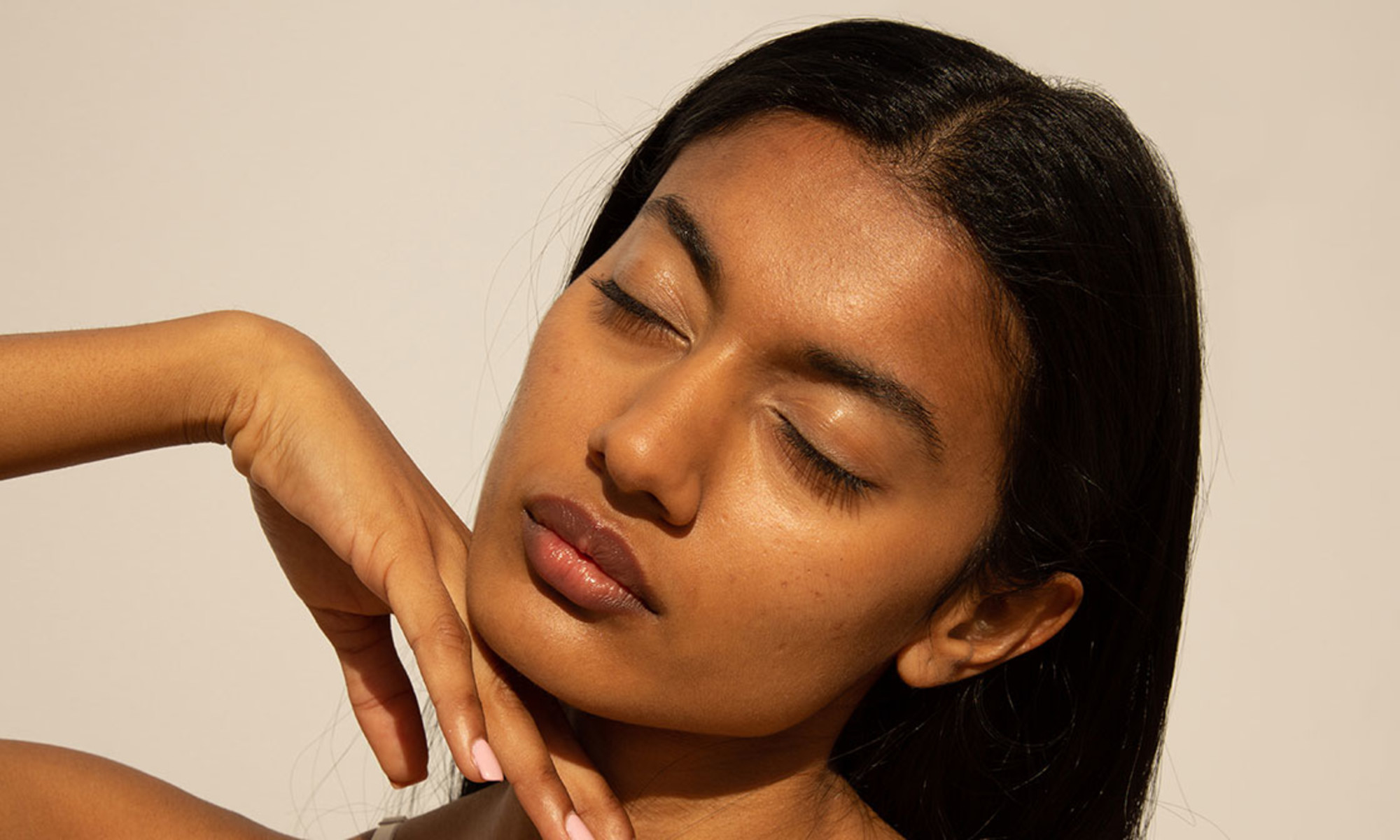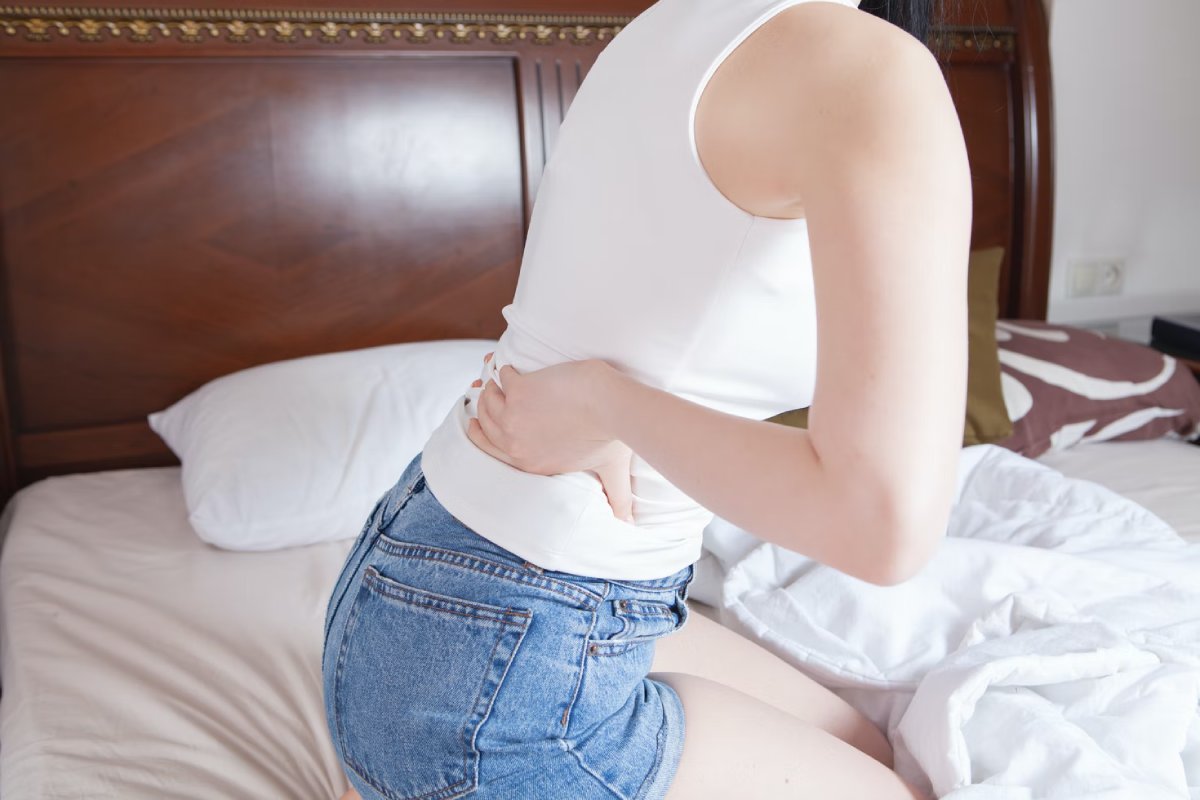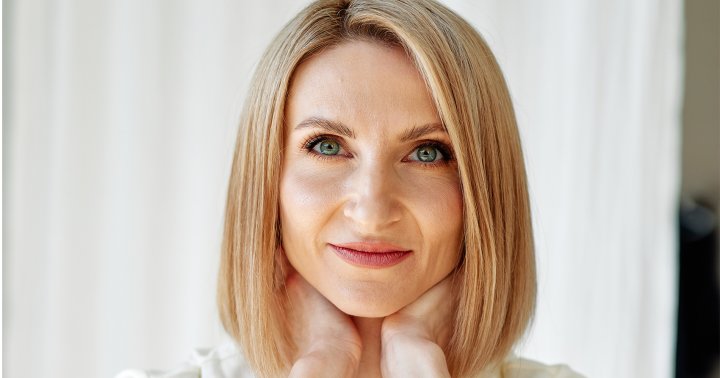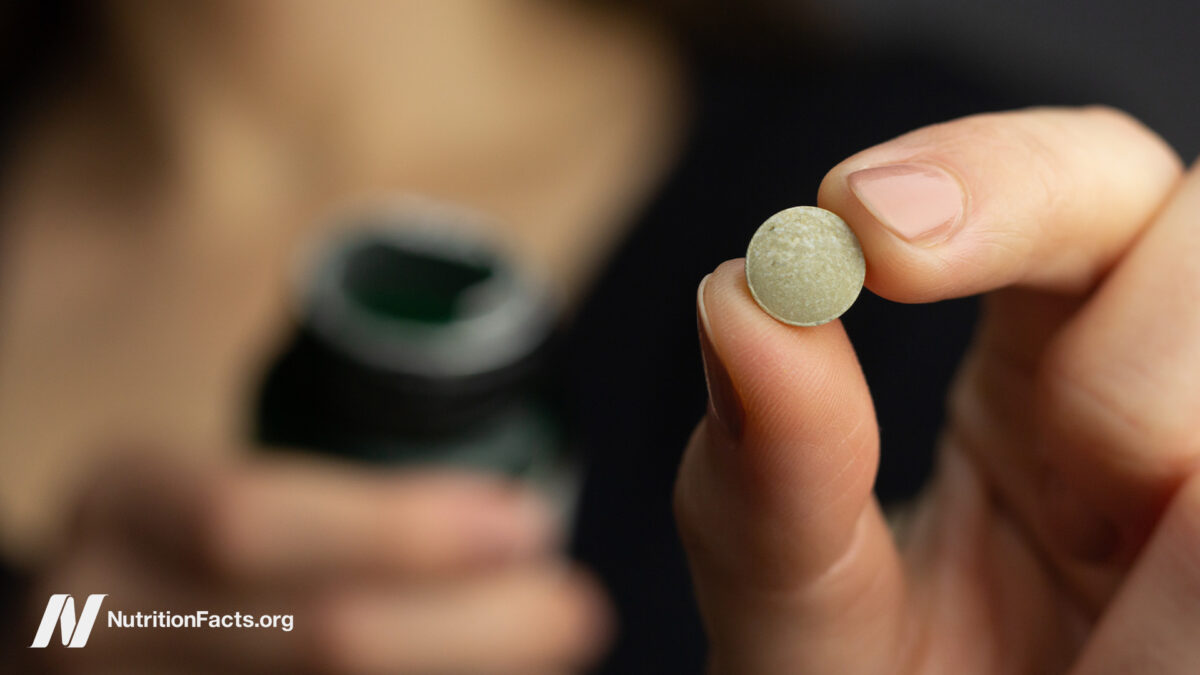What A Holistic Esthetician Eats For Younger, Healthier Skin
How Kristina Holey approaches skin care through nutrition.


mbg Beauty Director
mbg Beauty Director
Alexandra Engler is the beauty director at mindbodygreen and host of the beauty podcast Clean Beauty School. Previously, she's held beauty roles at Harper's Bazaar, Marie Claire, SELF, and Cosmopolitan; her byline has appeared in Esquire, Sports Illustrated, and Allure.com.
Image by ohlamour studio / Stocksy May 16, 2023 Our editors have independently chosen the products listed on this page. If you purchase something mentioned in this article, we may Famed esthetician Kristina Holey knows skin inside and out. She’s best known for her holistic approach to skin care, starting at the root cause of skin issues. She doesn’t see things like acne and rosacea as things to solve in and of themselves, rather they are symptoms of something greater. “By the time we see symptoms manifesting at the surface, that means there’s a chronic history of issues going on internally,” she tells me on this episode of Clean Beauty School. “It takes time to heal—often, more time than we want it to.” 
Advertisement
This ad is displayed using third party content and we do not control its accessibility features.
This conversation is the first time I’ve connected with Holey, although I’ve been a fan of her work for some time. Her unique point of view certainly stems from her distinguished path into beauty: Holey received her bachelor's degree in engineering, and later pivoted to cosmetic chemistry, studying at the Institut Supérieur International des Parfums, Cosmétiques et Arômes Alimentaires in Paris. As a final leg of her education, she acted as an apprentice to Parisian skin care expert Joelle Ciocco. When she arrived back in the states, she got her certification as an esthetician—and started building a reputation for diving deep into understanding a patient’s skin, not just treating the surface. We chat about a lot of aspects of how she cares for skin holistically, but one of the most fascinating was how she approaches skin care through nutrition. “Blood sugar, fiber, and variety. If you address those three things in your diet, I guarantee you'll see significant results in your skin,” she tells me. Yes, there’s a strong connection between your blood sugar levels and your skin. “My number one rule around eating is to try to regulate blood sugar and keep your glucose levels down,” she says. “You have to be strategic to do that. You have to think about food in a different way.” When your blood sugar spikes—like, say after eating high glycemic index foods—it sets off a cascading hormonal response, which can trigger inflammation in the skin. This is why those who are genetically predisposed to acne are advised to avoid HGI foods1 as much as possible, as it can lead to worsening of the condition. Fiber is key for gut health, which influences the gut-skin axis2. Fiber can help regulate your digestive system and balance the gut microbiome, which both can ultimately relieve inflammation in the skin. “I always say shoot for 35 grams a day—that can have a huge impact on the gut microbiome really quickly,” she says. This ad is displayed using third party content and we do not control its accessibility features. We often talk about eating a balanced, robust diet to support your skin. That’s because it takes a lot of different types of nutrients to support your body. “You have to think about variety. You need a lot of different vegetables every single week—30, 40, 50 every single week to get the right blend of micronutrients to support healthy gut function,” she says. For more advice on how to care for the skin holistically, tune in. This ad is displayed using third party content and we do not control its accessibility features.Advertisement
Advertisement

 JaneWalter
JaneWalter 
























.jpeg&h=630&w=1200&q=100&v=a905e78df5&c=1)







